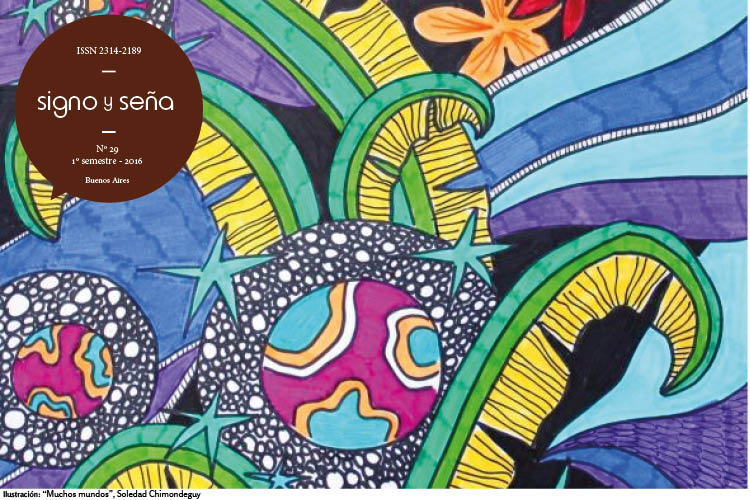Enseñar la lengua en la superdiversidad: de la realidad sociolingüística a las prácticas de aula
Keywords:
language learning, plurilingual practices, conversation analysis, inmigration, education
Abstract
As a result of the migratory waves of the end of last century the sociolinguistic situation in some schools in Barcelona is complex because their students have very diverse origins and they followed particular linguistic trajectories. In these institutions language teaching is organized separately: on one hand, Catalan is the language used in all the subjects of the curriculum, except in the Spanish, English and French classes. On the other hand, the reception classroom is constructed as a space of multilingual practices, similar to the real linguistic practices of the students. This article aims to analyse and contrast, using ethnographic audio and video data, the conceptions underlying the above mentioned teaching spaces in a secondary school in Barcelona.Downloads
Download data is not yet available.
How to Cite
Llompart Esbert, J. (1). Enseñar la lengua en la superdiversidad: de la realidad sociolingüística a las prácticas de aula. Signo & Seña, (29), 11-32. https://doi.org/10.34096/sys.n29.2804
Issue
Section
Dossier. Bilingual / multilingual speakers and educational practices: ethnographic and interactionist perspectives
- Authors keep the copyright and give the journal the right of the first publication, with the work registered with the Creative Commons Attribution-ShareAlike 4.0 International License, which allows third parties to use what is published whenever they mention the authorship of the work and the first publication in this magazine.
- Authors can make other independent and additional contractual agreements for the non-exclusive distribution of the article published in this journal (eg, include it in an institutional repository or publish it in a book) as long as they clearly indicate that the work It was published for the first time in this magazine.
- Authors are allowed and recommended to publish their work on the Internet (for example on institutional or personal pages).

















